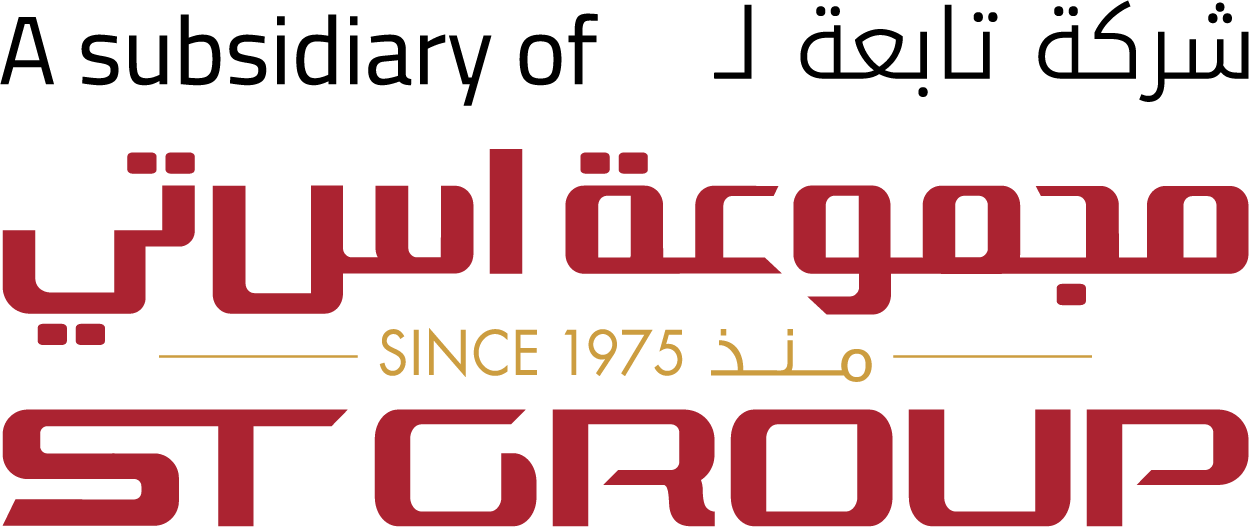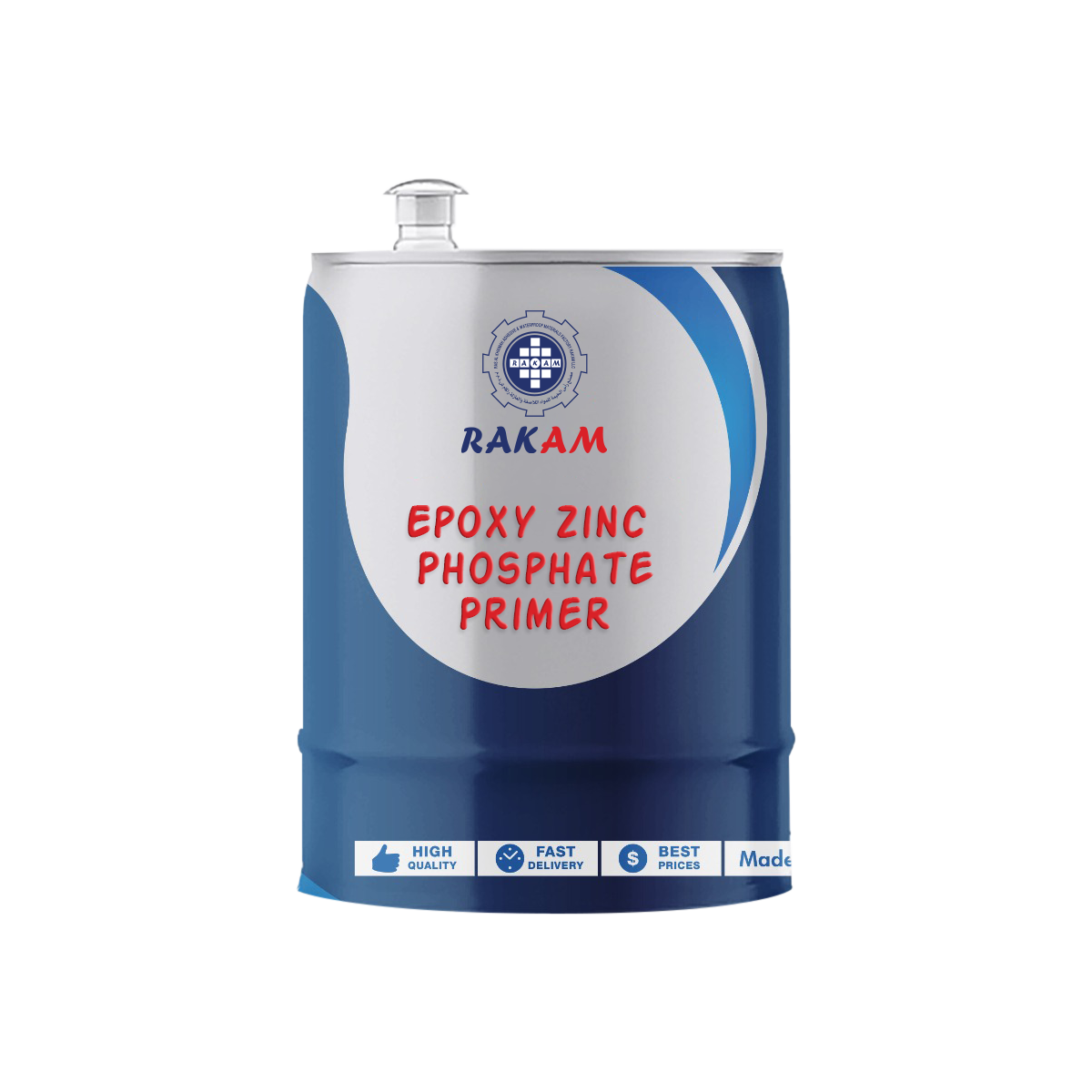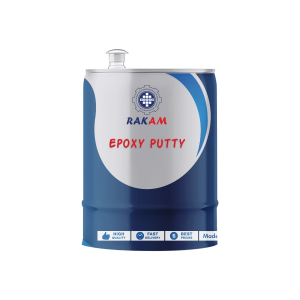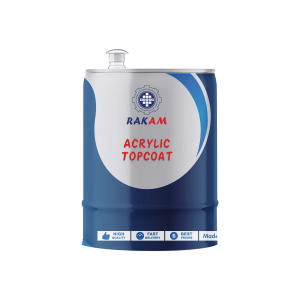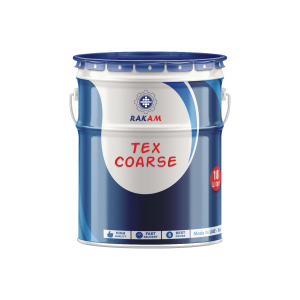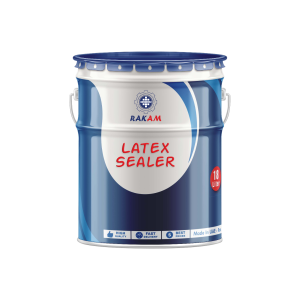Description
Technical Data
| Solid by volume | 52 ± 2 % (ASTM D 2697) |
| Theoretical spreading | 10.4 m2/L |
| Dry film thickness | 50 microns |
| Wet film thickness | 96 microns |
| Flash point | 25°C (ASTM D 3278) |
| Finish | Matt – Grey and Red oxide |
| VOC | <400 g/L (ASTM D 3960) |
Application Data
Surface Preparation
Steel – Blast cleaning: All surfaces should be clean, dry and free from contamination. Surfaces should be treated in accordance with ISO 8504:2000. Remove weld spatter and smooth weld seams by using disc grinders, chipping hammers or other suitable power tools. Sharp edges, weld seams, corners and other areas that are likely to receive less dry film thickness than specified, should be stripe coated. The surfaces shall be blast-cleaned to min. Sa 21⁄2 (ISO 8501-1:2007). The surface profile and the anchor pattern shall be between 25 μ and 35 μ. The abrasives shall be free from oil, grease, moisture, chloride contamination etc.
Minor repair/Touch up: All surfaces should be clean, dry and free from contamination. Surfaces should be treated in accordance with ISO 8504:2000. Any corroded areas should be prepared by power-tool cleaning or manual cleaning. Power-tool cleaning to min. St 2, preferably St 3 (ISO 8501- 1:2007). Care shall be taken to ensure that power- tool cleaning does not polish the steel surface. If the surface being prepared lies adjacent to a coated surface, the power tool cleaning shall overlap the coated surface by at least 25 mm and the coated surface shall be feathered.
Coated substrates: All surfaces should be clean, dry and free from contamination. Surfaces should be treated in accordance with ISO 8504:2000. Ensure compatibility of the coated substrates with the selected paint system. If the remaining part of the existing coating system needs to be sweep-blasted, fine abrasive shall be used to avoid damage to the coating system. When recoating aged coated substrates, damaged areas must be removed back to a firm edge. Light abrade or sweep-blast the surface in order to provide a physical key for adhesion.
Typical coating system
Primer : RAKAM Epoxy Zinc phosphate Primer: 50μ
Topcoat: RAKAM Epoxy Topcoat OR RAKAM Polyurethane Topcoat : 50μ
Application method
Brush/ Roller Applicable for inaccessible area, corners and edges. Multiple coat may be required for desired film thickness
| Volume of thinner | 5% |
| Mixing ratio | By volume, Base to Hardener 4:1 |
| Airless spray | Pressure at nozzle : 2000 – 2200 psi
Nozzle size: 0.013 – 0.017 inch Spray angle: 40 – 80° Volume of thinner: 5 – 10% |
| Air assisted gun | Pressure at nozzle : 35 – 50 psi
Nozzle size : 1.8 – 2.2mm Spray angle: 40 – 80° Volume of thinner: 10 – 15% |
| Conditions | Humidity Below 85% RH Temperature of the substrate should be at least 3°C above the dew point of the air. |
| Application temperature | Mini: 10°C, Maxi: 45°C |
| Thinner/Cleaner | RAKAM Epoxy Thinner |
| Pot life | 4 Hours At 30°c |
| Packaging | Available in 3.6 Liters & 18 Liters |
Curing Time
| Touch Dry | 12 hours @ 10°C
8 hours @ 20°C 6 hours @ 30°C 4 hours @ 40°C |
| Dry to handle | 36 hours @ 10°C
30 hours @ 20°C 24 hours @ 30°C 20 hours @ 40°C |
| Recoat interval | Min : 36 hours @ 10°C
Max : Indefinite* @ 10°C Min : 30 hours @ 20°C Max : Indefinite* @ 20°C Min : 24 hours @ 30°C Max : Indefinite* @ 30°C Min : 20 hours @ 40°C Max : Indefinite* @ 40°C |
Drying and curing times are determined under controlled temperatures and relative humidity below 85 %, and at average of the DFT range for the product and should be considered as guidelines only. The actual drying time/times may be shorter or longer, depending on film thickness, temperature, ventilation, humidity, preceding paint system etc.
*The surface should be dry and free from contaminants prior to over coating. The best intercoat adhesion is achieved when the subsequent coat is applied before the preceding coat is fully cured. When recoating with products, maximum recoat interval is limited. After prolonged exposure it may be necessary to roughen the surface to ensure intercoat adhesion. When in doubt, consult RAKAM LLC representative.
Handling and Storage
Product must be stored according to local regulations and manufacturer recommendation. Recommended to store at 30°C, away from direct sunlight, heat, source of ignition and exposure to water or rain, within a well-ventilated place.
Shelf life@ 12 months in original sealed drums from the date of manufacture when stored at or below 30°C.
Health and Safety
Avoid skin and eye contact by wearing overalls, gloves, goggles, and mask etc.
Eyes: In the event of accidental splash, flush eye with water immediately and obtain medical advice.
Skin: Wash skin thoroughly with soap and water or medically approved cleaner.
Avoid inhalation of vapors and paint mist by wearing suitable mask. In the event of ingestion seek medical attention immediately.
This product is flammable, keep away from sources of ignition. Take precautionary measures against static discharge. In the case of fire – blanket flames with foam, carbon dioxide or dry chemicals. Painting must be carried out in well-ventilated area. Local safety regulation need to be followed.
Advantages and Recommended Uses
It can be applied on metal structures, metal frames, metal components, metal pipes, machine parts, etc. It gives corrosion resistant finish in moderate to high corrosive environments. A primer with good abrasion, impact resistance and suitable primer in a new or maintenance projects. It can be over coated with various single pack or two pack topcoats.

